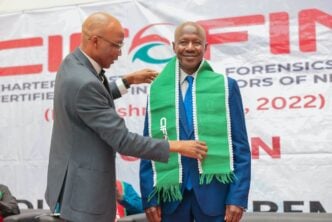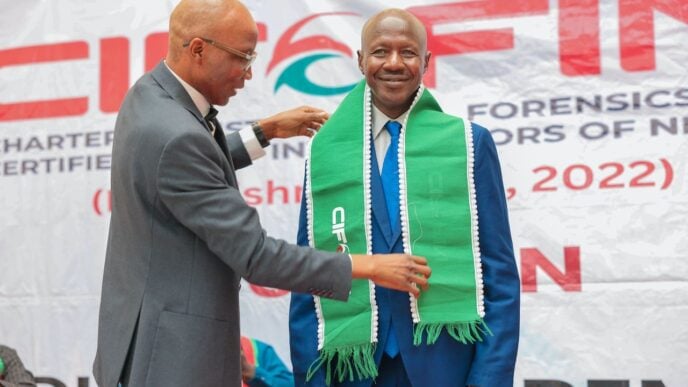Mohammed Idris, minister of information and national orientation, says the federal government is committed to advancing technical and vocational education.
The minister spoke in Abuja during a courtesy visit by Idris Mohammed Bugaje, executive secretary of the National Board for Technical Education (NBTE), and executives of the Creative Media Sector Skills Council led by Fatima Haliru, their chairperson.
Idris said the federal government will prioritise skills over paper qualifications as part of President Bola Tinubu’s renewed hope agenda.
He described the recognition of prior learning (RPL) scheme under the national skills qualification framework (NSQF) as a turning point for professionals who gained competencies through hands-on experience but lack formal certification.
Advertisement
“The message is clear: skills, not just degrees, will define the future of our workforce. Many of our young people are already talented in areas like photography, cinematography, and digital services,” Idris said.
“What this framework does is give them the recognition they deserve, opening pathways for higher training, employment, and entrepreneurship.”
He pledged to collaborate with the NBTE and the council to ensure standardisation and certification of skills in the creative sector.
Advertisement
The minister said his ministry would also work with stakeholders across broadcast, advertising, and information sectors to raise professional standards, unlock economic opportunities, and empower young Nigerians.
Responding, Bugaje and Haliru commended the ministry for championing the renewed hope agenda and repositioning the information sector.
Bugaje said the Creative Media Sector Skills Council, established seven months ago, has already developed 24 new qualifications in areas such as audio production, content creation, and photography.
The NBTE executive secretary highlighted the importance of the RPL scheme, which he said is designed to certify informally trained professionals, including apprentices in media and broadcasting, with nationally recognised NSQ certificates.
Advertisement
Haliru said the council has more than 70 percent private sector participation and is aligning with global best practices to ensure industry drives skill development.












